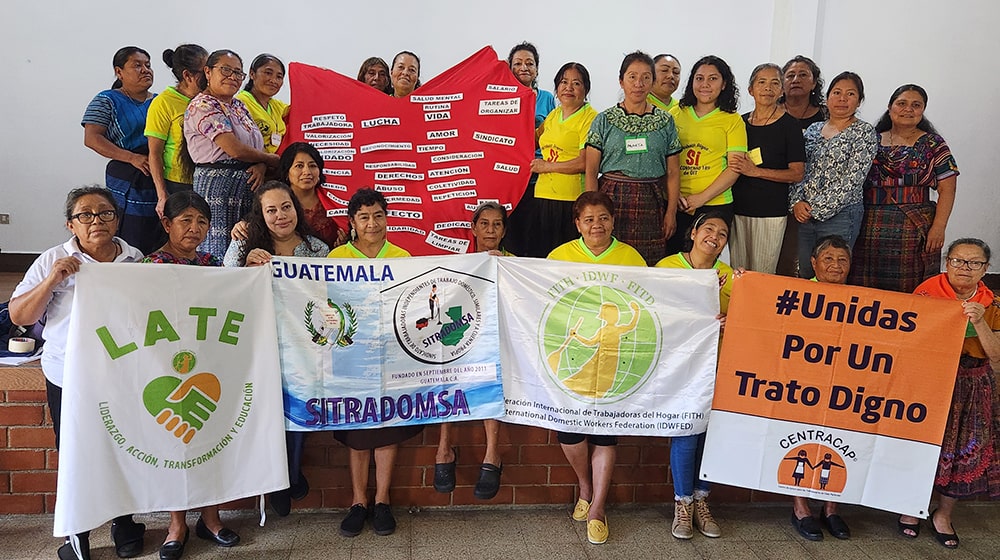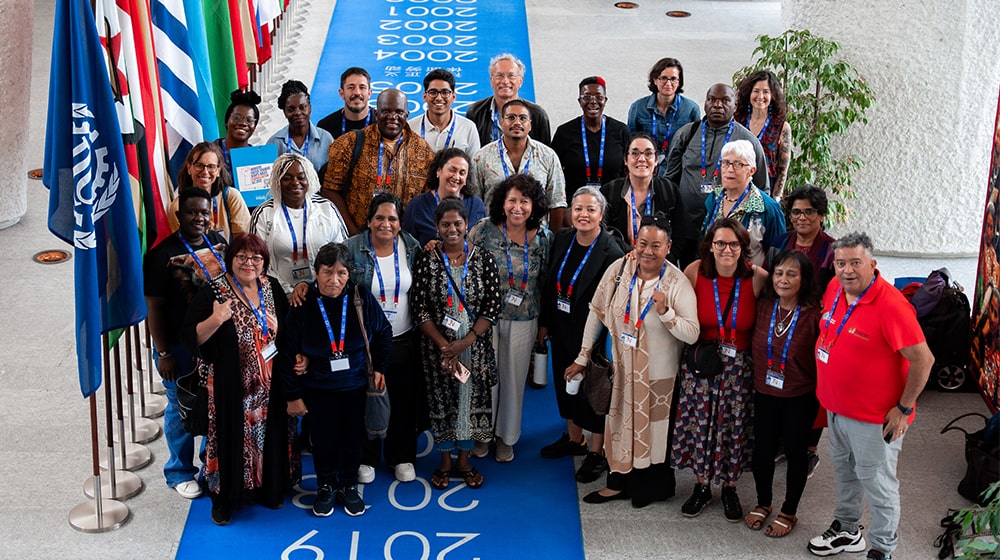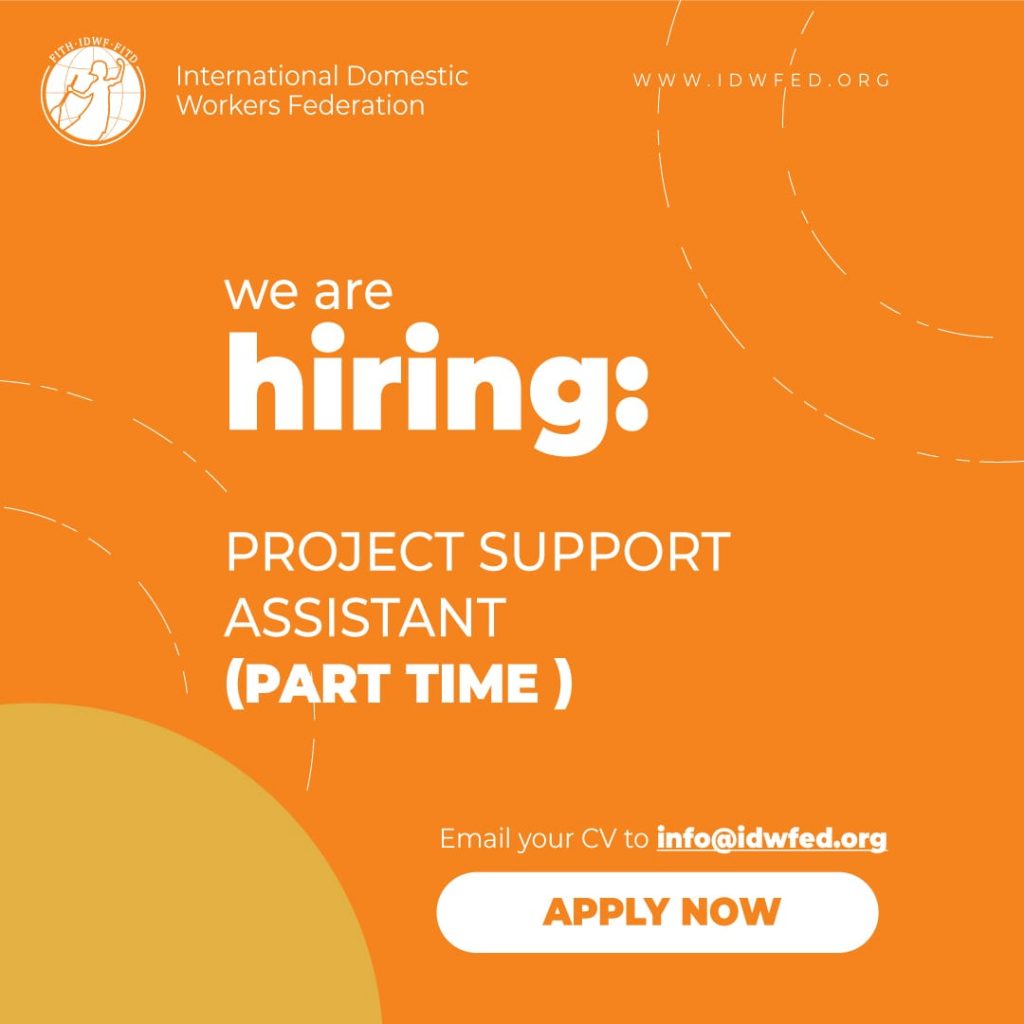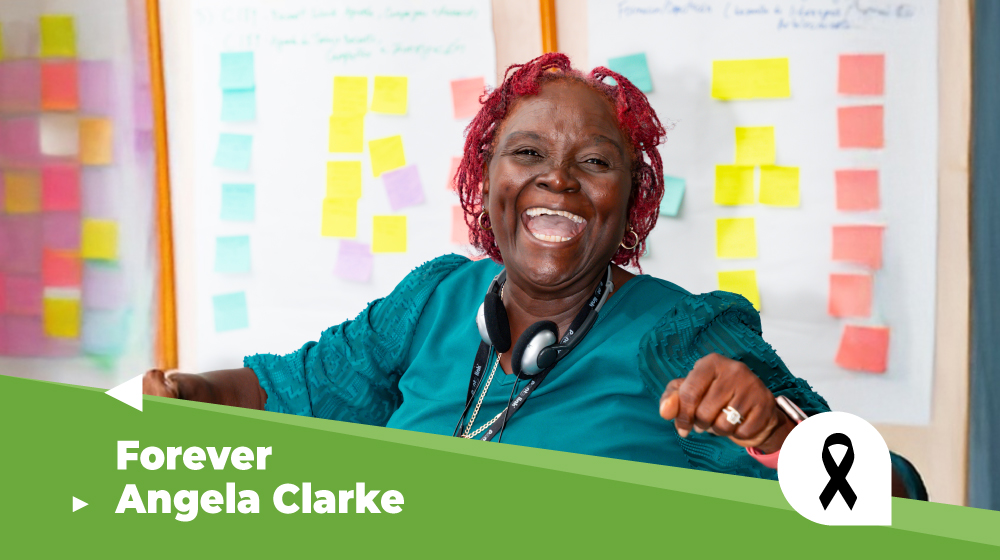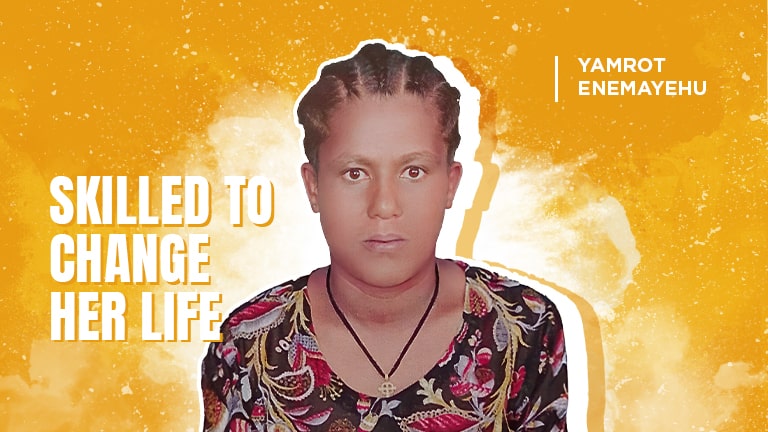
The story of Yamrot, from Ethiopia
While paid domestic work is care work and skilled work, the conception that it requires no skills and naturally falls on women still persists. This lack of recognition and valuation translates into precarious working conditions, low wages, and high levels of informality.
As if the multiplicity and complexity of the tasks performed by domestic workers, essential for the maintenance of households and the well-being of families, were not enough to prove that they are skilled care workers, recent studies have shown that, when assessed against internationally agreed skills classifications, domestic workers are demonstrably skilled, including as domestic housekeepers, as childcare workers, and as personal care workers (ILO 2023).
The professionalization of domestic work, through skills recognition (acquired through experience or training) and capacity building, contributes to formalization and, therefore, to the improvement of working conditions, retaining workers in a sector that is experiencing an increase in the demand for labor to meet the growing quality care needs of the population.
The story of Yamrot Enemayehu, a 29-year-old domestic worker from the rural area of Bibugn, in northern Ethiopia, proves that professional training results in more and better job opportunities for domestic workers.
“When I was 11, my family decided to stop my education and forced me to get married. As my husband and I were just kids, we had to live separately, so I found a job as a domestic worker. After three years, my marriage fell apart, and I met a boyfriend and got pregnant six months later, which resulted in me losing my job. My boyfriend, who was a daily laborer, used to pay the rent and other expenses. But after two years, he broke his promise of marrying me and left. I had a little child and nothing to eat. I went back to my old job doing housework like washing clothes, cleaning houses, and baking ‘injera,’ (a local bread). I had no one to take care of my child, and I was also breastfeeding. Those were very tough times.
One day at the market, I met an old friend who was also a domestic worker. She told me that she was attending evening school sessions with the support of the Mulu Tesfa Domestic Workers Association (MTDWA). So, I decided to join the organization and quickly became an active member, getting involved in recruitment, awareness-raising, and training activities. I also received specialized training in housekeeping and food preparation, which has helped me a lot. I was able to get a job, through Debre Markos University, in the hospitality sector, where I work as a cook.
Currently, I am paid a salary of 2,800 ETH birr per month, and I have started saving money for myself. I have three days off a week, which allows me to enjoy social life with family and friends. My daughter is now 5 years old, and she is attending preprimary school. She is brilliant! The MTDWA continues supporting me in different ways, even providing school materials for my daughter. We are not alone anymore. We are safe.”
Thanks to the support of the MTDWA, Yamrot was able to change her life and move towards a better future for herself and her daughter. However, the responsibility for providing professional training to domestic workers should not fall on unions, most of which have limited capacity and resources. It is the State that has the obligation to take on this role within the Care Economy, in order to ensure decent work and, at the same time, guarantee the provision of quality care for everyone, without leaving anyone behind. It’s time to invest in care. It’s time to recognize care as a human right and manage it as a public good.


